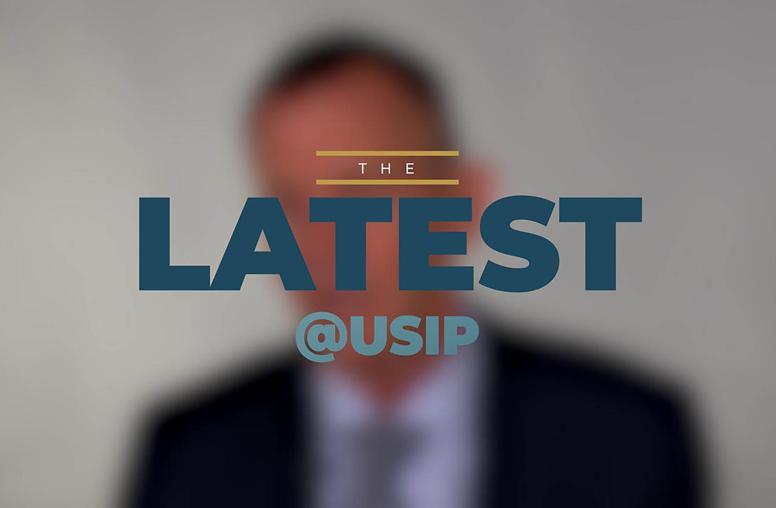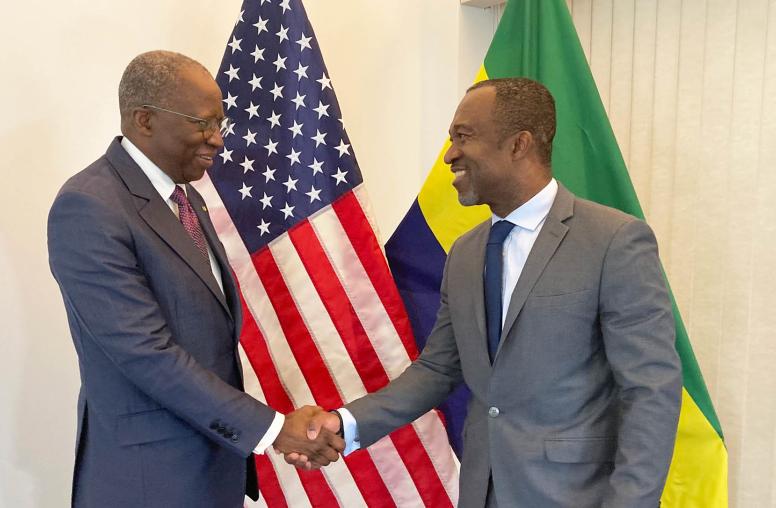Harnessing Coronavirus for a Peaceful and Prosperous Africa
Priorities for U.S.-Africa Partnerships on Africa Day and Beyond
This year’s Africa Day takes place against the backdrop of an unprecedented threat to global health and economic security. With the full impacts of COVID-19 on the continent yet to be realized, it’s critical to address the social and economic challenges facing African countries while preserving the hard-won achievements of the last 30 years. The African Union has already employed a coordinated continental response to the COVID-19 crisis and is actively advocating for extraordinary measures based on global solidarity. But how can the continent turn this early leadership into a peaceful and prosperous future for all Africans, both during the coronavirus pandemic and beyond?
On May 27, USIP hosted representatives of the African Union Commission and the African Diplomatic Corps, and other experts to discuss the African Union’s efforts to mobilize the fight against coronavirus while still alleviating threats to human security and international peace.
Panelists discussed how COVID-19 impacts the continent’s social and economic progress, how this year’s Africa Day theme of “Silencing the Guns, Creating Conducive Conditions for Africa’s Development” fits into the current reality, and how the U.S. and Africa can foster a genuine partnership to address shared priorities, concerns, and opportunities during a time of global solidarity.
Speakers
Ambassador Johnnie Carson
Senior Advisor, U.S. Institute of Peace
H.E. Serge Mombouli
Ambassador of the Republic of Congo; Dean of the African Diplomatic Corps.
Ambassador Matthew Harrington
Deputy Assistant Secretary of State, Bureau of African Affairs
H.E. Nomaindiya Mfeketo
Ambassador of the Republic of South Africa
Ambassador Frederic Gateretse-Ngoga
Head of the Conflict Prevention and Early Warning Division at the African Union Commission
H.E. Sidique Abou-Bakarr Wai
Ambassador of the Republic of Sierra Leone; Co-Chair of the African Ambassadors’ Committee for Public Affairs
Professor Landry Signé
Senior Fellow, Brookings Institution; Professor and Co-Director, Thunderbird School of Global Management
Susan Stigant, moderator
Director, Africa Programs, U.S. Institute of Peace



